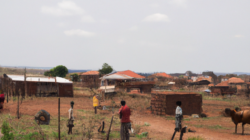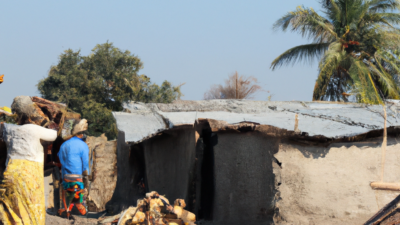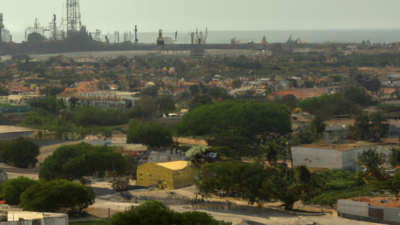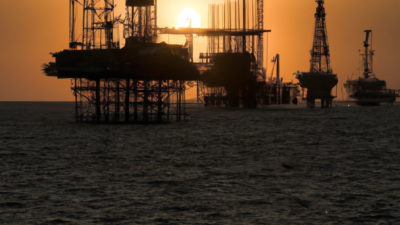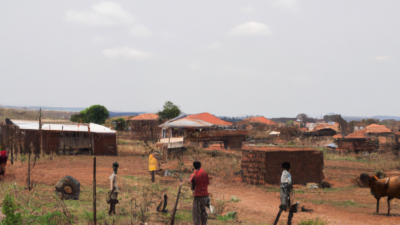<!DOCTYPE html>
<html lang="en">
<head>
<meta charset="UTF-8">
<meta name="viewport" content="width=device-width, initial-scale=1.0">
<title>Angola's Economy After Independence</title>
<style>
body {
font-family: Arial, sans-serif;
line-height: 1.6;
margin: 20px;
padding: 0;
background-color: #f4f4f4;
}
header, section {
background: #fff;
padding: 20px;
margin-bottom: 20px;
box-shadow: 0 0 10px rgba(0, 0, 0, 0.1);
}
h1, h2 {
color: #333;
}
p {
margin-bottom: 10px;
}
</style>
</head>
<body>
<header>
<h1>Angola's Economy After Independence</h1>
</header>
<section>
<h2>Introduction</h2>
<p>
Angola, a Southern African nation rich in natural resources, gained independence from Portugal on November 11, 1975. Since then, the country has experienced various economic phases, marked by periods of civil conflict, boom, and reform. This article delves into the evolution of Angola's economy post-independence, examining the key factors that have shaped its development.
</p>
</section>
<section>
<h2>Immediate Post-Independence Period</h2>
<p>
Following independence, Angola was plunged into a prolonged civil war that lasted until 2002. The conflict had devastating effects on the economy, infrastructure, and social fabric of the nation. The war disrupted agricultural production, displaced millions of people, and diverted resources away from economic development towards military expenditure.
</p>
</section>
<section>
<h2>Oil: The Economic Backbone</h2>
<p>
Despite the challenges, Angola's vast oil reserves have been a crucial economic lifeline. Oil production began to surge in the late 1970s, and by the early 2000s, it accounted for over 90% of the country's exports and a significant portion of the GDP. The influx of oil revenue allowed for some reconstruction and development efforts, although it also led to economic imbalances and a heavy reliance on a single commodity.
</p>
</section>
<section>
<h2>Post-Civil War Economic Reforms</h2>
<p>
The end of the civil war in 2002 marked a turning point for Angola. The government, under President José Eduardo dos Santos, initiated a series of economic reforms aimed at stabilizing the economy and attracting foreign investment. Efforts included rebuilding infrastructure, improving fiscal management, and liberalizing certain sectors. However, corruption and mismanagement often hindered these initiatives.
</p>
</section>
<section>
<h2>Diversification Efforts and Challenges</h2>
<p>
Recognizing the risks of over-reliance on oil, Angola has made attempts to diversify its economy. Agriculture, mining, and manufacturing have been identified as key sectors for development. However, these efforts have faced numerous obstacles, including inadequate infrastructure, limited access to finance, and a challenging business environment.
</p>
</section>
<section>
<h2>Recent Developments and Future Prospects</h2>
<p>
In recent years, Angola has taken steps towards more comprehensive economic reform under the leadership of President João Lourenço, who took office in 2017. Anti-corruption measures, privatization of state-owned enterprises, and improving the business climate are among his administration's priorities. While progress has been made, the country continues to grapple with high levels of poverty, unemployment, and external debt.
</p>
</section>
<section>
<h2>Conclusion</h2>
<p>
Angola's journey since independence has been marked by significant challenges and opportunities. The nation's rich resource base, particularly in oil, has provided substantial revenue, but also underscored the need for economic diversification and reform. As Angola continues to navigate its post-independence economic landscape, the focus remains on building a more resilient and inclusive economy that can ensure sustainable development for its people.
</p>
</section>
</body>
</html>
Hello! How can I assist you today?
Hello! How can I assist you today?






